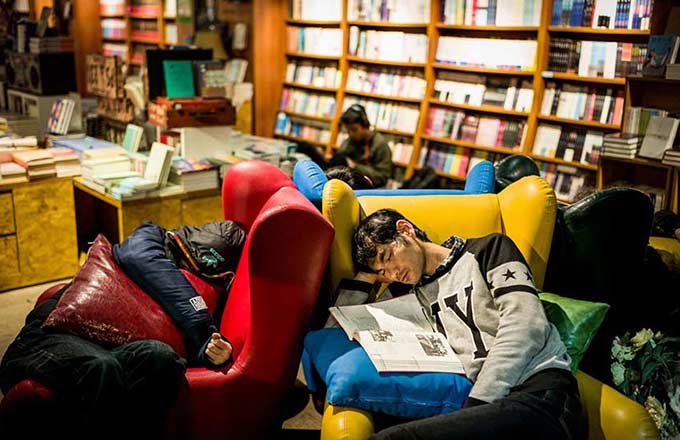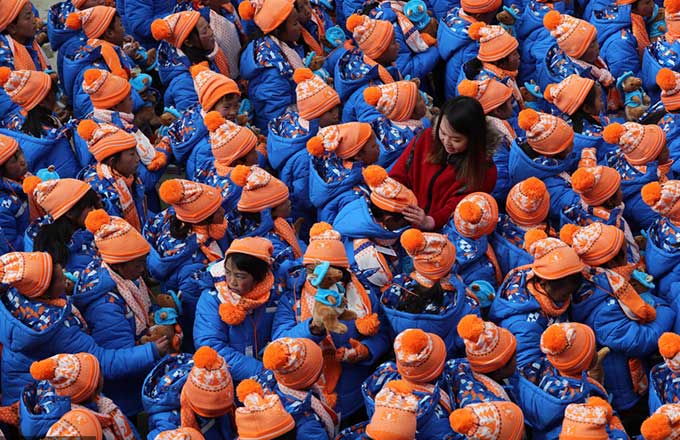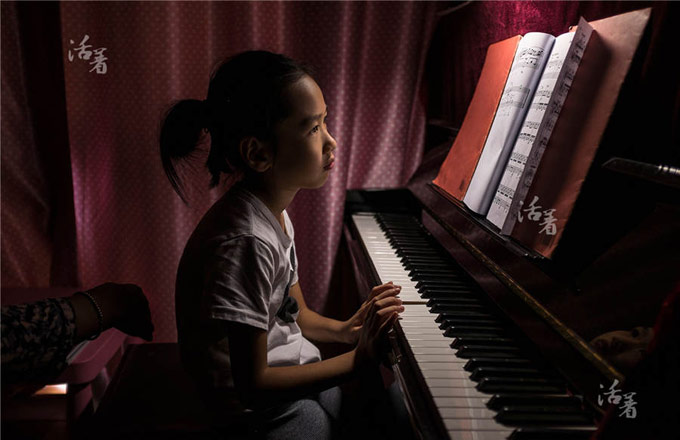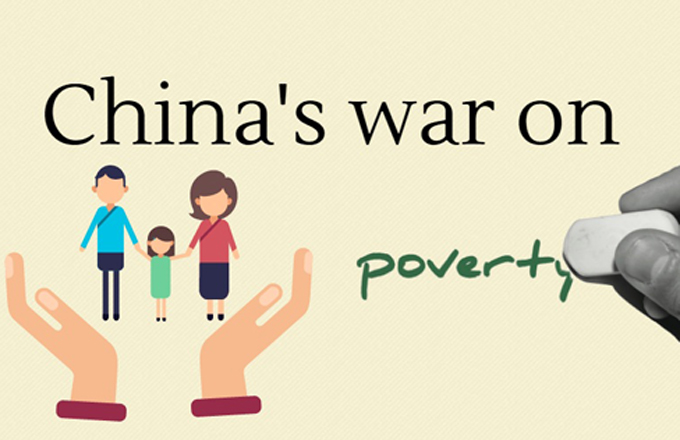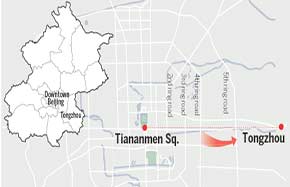Migrant workers happier, but sense of isolation remains
Migrant workers are happier and more satisfied with their life than last year, but they still constantly feel lonely, isolated and looked down upon, according to a survey jointly released by Renmin University of China and job.gzh.com, a job hunting website for migrant workers.
The survey polled 2,011 migrant workers in 20 cities among the website's 7.2 million registered users.
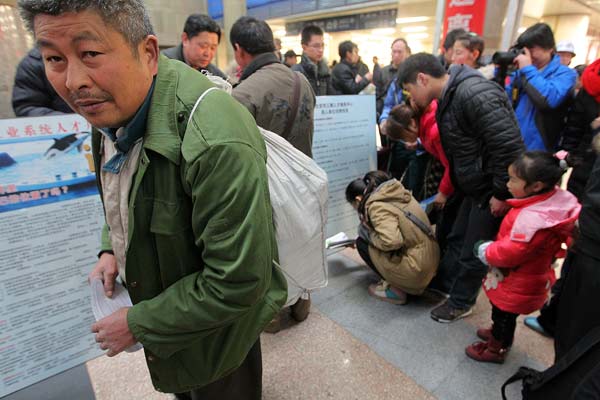 |
|
Migrant workers visit a job fair in Beijing on Wednesday. [Cheng Gong / For China Daily] |
Compared with the survey's results last year, migrant workers are happier with their living standards, but the level of interpersonal relationships, social participation and status has dropped, the report stated.
Yue Shuangbao, 46, from Gansu province, has been working as a truck driver in Yulin, Shaanxi province for so long he cannot even remember the exact number of years.
"Life is really hard if I don't work away from home," Yue said.
His whole family depends on his income, which is 5,500 yuan ($880) per month, 500 yuan higher than last year.
"We can see that migrant workers' wages are growing, that's why they feel happier about life," said Hu Ping, a professor of psychology at Renmin University of China. "However, the social participation situation is not getting any better."
The report said more than half of the polled migrant workers constantly have negative feelings, including loneliness, isolation, and worthlessness.
Yue said he was very homesick, but because visiting friends and family costs money, he remains alone.
"I miss my family all the time, but what can I do? My daughter and son are still in school, my parents are old and our farm is useless. At least I earn more than if I stayed at home," he said. "I have to do this to support my family."
With only a primary school diploma, his job options are very limited. "I only hope my children can have a better education and live a happier life," he said.
The survey reflected Yue's hopes for his family, stating that those who receive a higher education are generally happier.
"We found that those who have a more active social life are generally happier than those who don't," said Li Jiuxin, CEO of job.gzh.com.
Around 30 percent of those polled said they would resort to an online network for help, the report also said.
- Migrant worker deputies increase in NPC
- Migrant workers invited to prominent holiday gala
- Rural migrant workers top 262 million
- Labor shortage worsens as migrant workers stay home
- Opportunities inland lure migrant workers
- Migrant workers to advise political body
- CNPC offers free gas to motorbiking migrant workers







